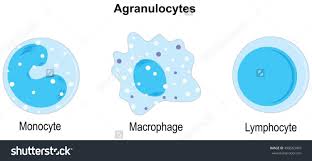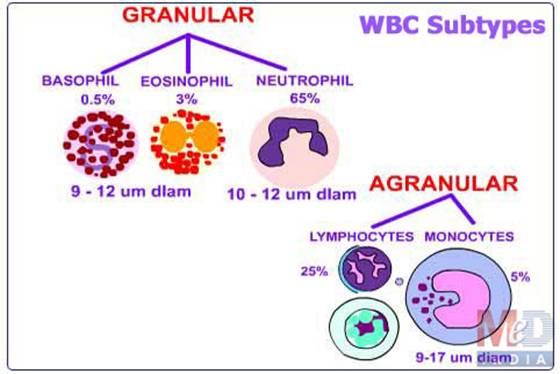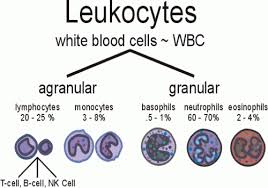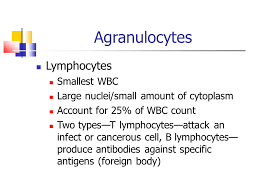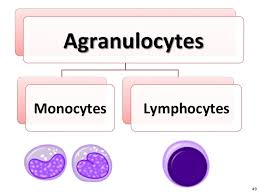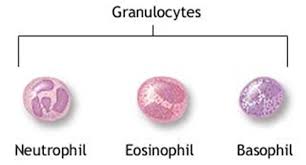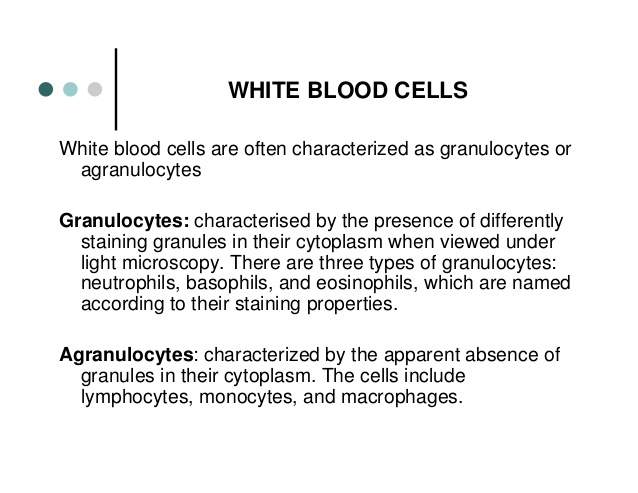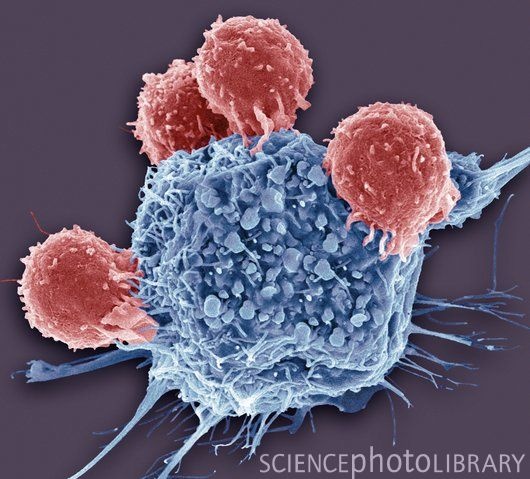Immunity
Short Note
Anatomy of the Immune System
Bone Marrow
White Cells
Lymphoid Cells - Thymus, Spleen, Lymph nodes, Tonsils, Adnoids
General Types of Immunity
Natural Immunity - present at birth - non specific resposnse to any foreign invader - recognises "self" and "nonself". Consists of Physical and chemical barriers, the action of WBCs and inflammatory response
Acquired Immunity - Immunologic responses acquired during life - usually develops as a result of immunization (vaccination) or contracting disease
Acquired immunity is of 2 types : Active and Passive -
Active immunity is actively developed by the body - generally lasts long (many years or even lifetime) - developed by exposure to disease or vaccination e.g. an attack of chicken pox; a shot of chicken pox vaccination, a shot of Tetanus Toxoid (inj.TT)
Passive immunity : readily available immunity - readymade immunity obtained from sources other than one's own body - used as an emergecy procedure. short lived. e.g. Gammaglobulins, antiserum (Inj.ATS - Antitetanus Serum ; Tetglob)
Response to invasion:
Three means of Defense
The phagocytic immune response - WBCs (granulocytes and macrophages) - ingestion and destruction of foreign particles
The humoral or antibody immune response - B lymphocytes turn into plasma cells - produce antibodies - immunoglobulins - antigen antibody complex (Complement System) formed and the invading bacteria or virus disabled
The cellular immune response - T lymphocytes - Cytotoxic - attack the pathogens
Types of Immunoglobulins : -
IgG - in serum and serum - in interstitial fluid - in blood borne and tissue infections - enhances phagocytosis and can cross placenta
IgA - in body fluids like blood, saliva, tears, breast milk and pulmonary gastrointestinal, prostatic and vaginal secretions
IgM - in intravascular serum - activates complement system
IgD - in serum - small amounts
IgE - in serum - allergic and hypersensitivity reactions - combats parasitic infections


